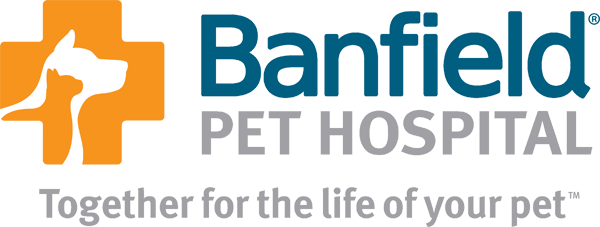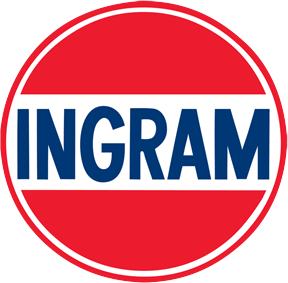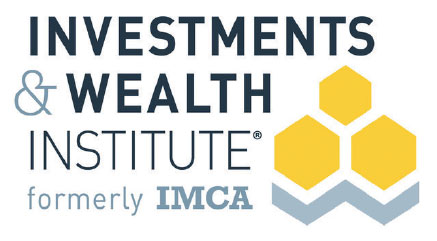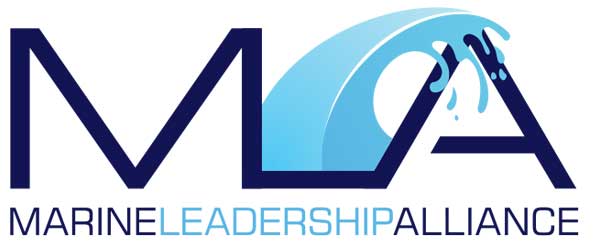Case Study

Cam provides well-organized, well-presented and valuable information. He is able to convey, in an entertaining and convincing way, how the perspective of each generation influences buying behaviors and work performance. In fact, we felt his message was so effective, we are bringing him back to speak at two client events.
D. Bryan Jordan
Chairman, President & CEO
First Horizon National Corp.
First Horizon National Corporation
About the client
First Horizon National Corp. provides financial services through more than 170 bank locations in and around Tennessee and 21 FTN Financial Group offices in the U.S. and abroad. First Tennessee Bank has the leading market share in Tennessee and one of the highest customer retention rates of any bank in the country. First Horizon has been recognized as one of the nation’s best employers by AARP and Working Mother magazines and a top tech innovator by InformationWeek.
Business need
During its semi-annual leadership meeting, First Horizon offers its management team professional development opportunities designed to assist them with internal and external business issues. For this event, the program theme was geared around influencing people and coordinating change. The planning team wanted to help leaders think about diversity beyond the ethnicity, gender and sexual orientation and to consider how generational diversity affects relationships – both in business and in life. Having seen Cam Marston present at an industry event, they knew his message and approach would resonate with this group.
Insight and impact
Cam provided the keynote speech, following the CEO’s welcome remarks, to help set a positive tone for the two-day meeting. Using a version of his “Managing Four Generations in the Workplace” presentation, customized with data reflective of the financial services industry, Cam provided the insights and anecdotes that helped First Horizon’s team underscore how diversity of thought and talent is important to the future success of the company.
According to participants, Cam made the information real, “that is me, those are my children,” and prompted them to think about generational issues more deeply than they had before. By understanding that the stereotypes are often true about entire generations, the participants came away with a new foundation for communication and relationship building that will help them continue to build and improve the organization for its employees and customers, alike.














